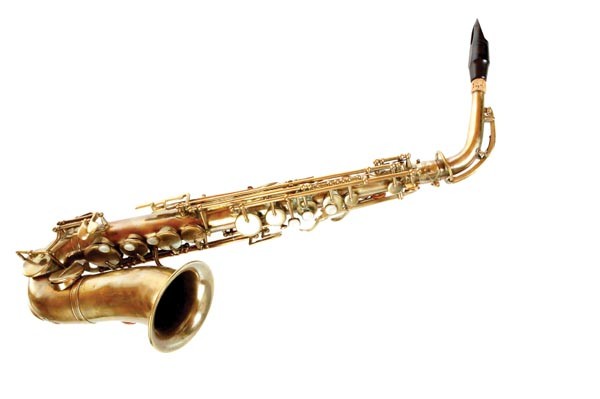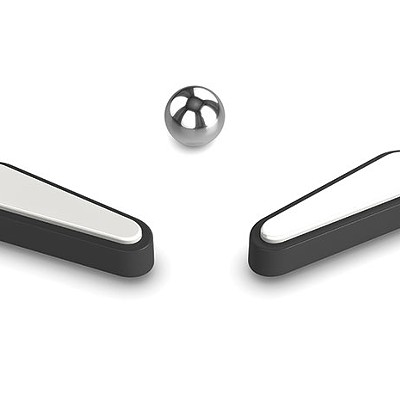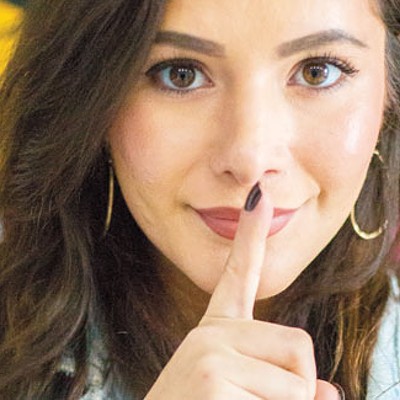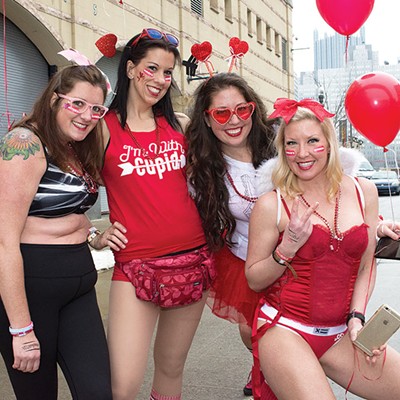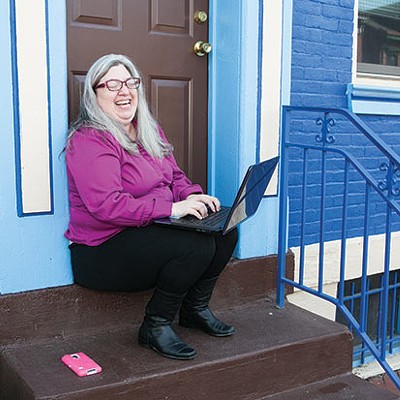For musicians, it's a familiar script: Defy "traditional values" ... scandalize the establishment ... and when humorless fundamentalists begin to squawk, milk the PR for all it's worth. It worked for Madonna, Marilyn Manson and Lady Gaga.
But none of these pioneers had anything on the city's original jukebox heroes, the Pittsburgh Symphony.
Far from the cultural heavyweight it is today, the orchestra in 1927 was struggling; due to financial problems, it had barely performed since 1910. Most of its musicians, in fact, had day jobs playing for other orchestras, which made scheduling concerts a challenge.
The obvious solution was to perform on the day they had off: Sunday. But there was a reason they had Sundays off: a 1794 law which barred Pennsylvanians from engaging in "employment for worldly gain" on the Sabbath.
Today, so-called "blue laws" may seem odd even in a state that still has a Liquor Control Board. But the injunction to honor and keep the Sabbath is inscribed in the Ten Commandments — which is more than you can say for current religious prohibitions on, say, birth control. And church leaders, organized under the city's "Sabbath Association," were intent on preserving the Day of Rest. They thundered from the pulpit, and warned of mass arrests for any who flouted the law by attending a concert the symphony had scheduled.
Sadly, classical has always been the Devil's music. Although more than 3,500 people attended the April 24 concert, it went smoothly — to the discontent of those who just wanted to see who got arrested. "[T]he only disappointment was that 3,800 people came with $25 each and no one was arrested," wrote Pittsburgh Press music critic Harvey Gaul.
But hours later, arrest warrants went out for symphony board members and its concertmaster, Elias Breeskin.
From a PR perspective, of course, the symphony couldn't have done any better if Breeskin had bit the head off a live bat. "Warrants for the arrest[s] were sworn out by the Sabbath association," national wire reports blared; the state attorney general was being asked to initiate "proceedings against the society as a means of stopping further concerts."
The resulting debate was polarizing. One pastor told reporters that "Pittsburgh is the lowest spot on the American cultural map, with the possible exception of Columbus, Ohio." Others denounced the Sabbath-keepers as stiff-necked. As the Pittsburgh Press opined at the time, while orchestra musicians might be paid, "so is the church organist on Sunday morning."
"'MASSES' WANT SUNDAY MUSIC," blared a Pittsburgh Post-Gazette headline during the trial of the Symphony Nine. "People Have No Place To Go at Night, Court Told."
Witnesses for the prosecution, meanwhile, argued that Sunday concerts were unnecessary because Pittsburghers didn't appreciate good music anyway. "I consider Pittsburgh lower than other cities in musical appreciation," one former symphony board member sniffed.
And what if classical was just "gateway music" that led to harder stuff? "Jazz music entered the hearing when [a defense witness] was asked what he thought of it," the Post-Gazette reported. "He said it was offensive to him," but figured "it was just as uplifting and inspirational to those who cared for it as the classic music was to those of a more discriminatory taste."
Ultimately, local judges tossed out the charges against the musicians. According to the ruling, the symphony's concert-goers "pay for it not as a sordid matter of business" but only to enjoy "the rest, relaxation and emotional recuperation offered them." Judge R.A. Kennedy argued that listening to music was different from depraved activitites such as "selling newspapers, selling soda water, and other confections, keeping open a barber shop [or] selling milk." Bans on those activities had been upheld by courts, he noted, but "none of [those] acts ... are in any manner similar or akin to playing of music."
By 1928, Gaul reported, cryptically, symphony leaders could be seen acting "as blithe and as gay as the Republican party in Maine." Freed from moral restraint, the symphony was coming for the kids: "Pittsburgh will have four Sunday night concerts," Gaul reported, "and one matinee for the children."
Finally, in the elections of November 1933, voters approved a referendum allowing sporting events and concerts alike to be held on Sunday. The first symphony concert of the post-blue-law era was held just two weeks later, with a guest performance by George Gershwin, who played ... Rhapsody in Blue.
Of course, as Rick Santorum might have pointed out, Sunday concerts were just the thin end of wedge. After the prohibition on Sabbath concerts fell, there was nothing to bar the licentiousness of Sunday haircuts or soda-water sales. (You can even buy beer at some Giant Eagles on a Sunday, as long as you wait until 11 a.m. ...thus compelling you to pound the sixer in the church parking lot before the late-morning service really gets going.)
So the symphony plays on, and no one has made an issue out of these obvious symptoms of moral decline. But then again, the Republican primaries aren't over yet.

